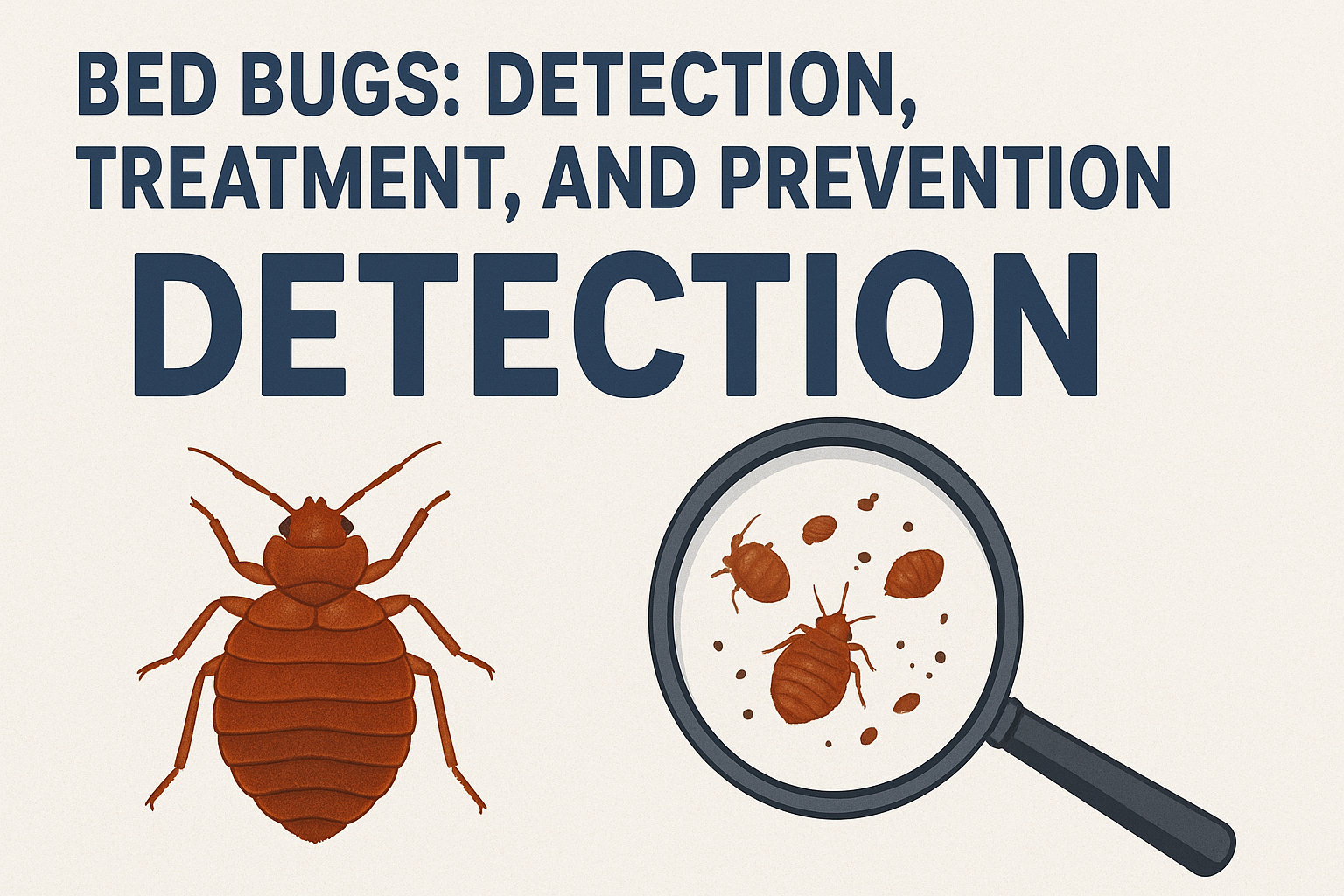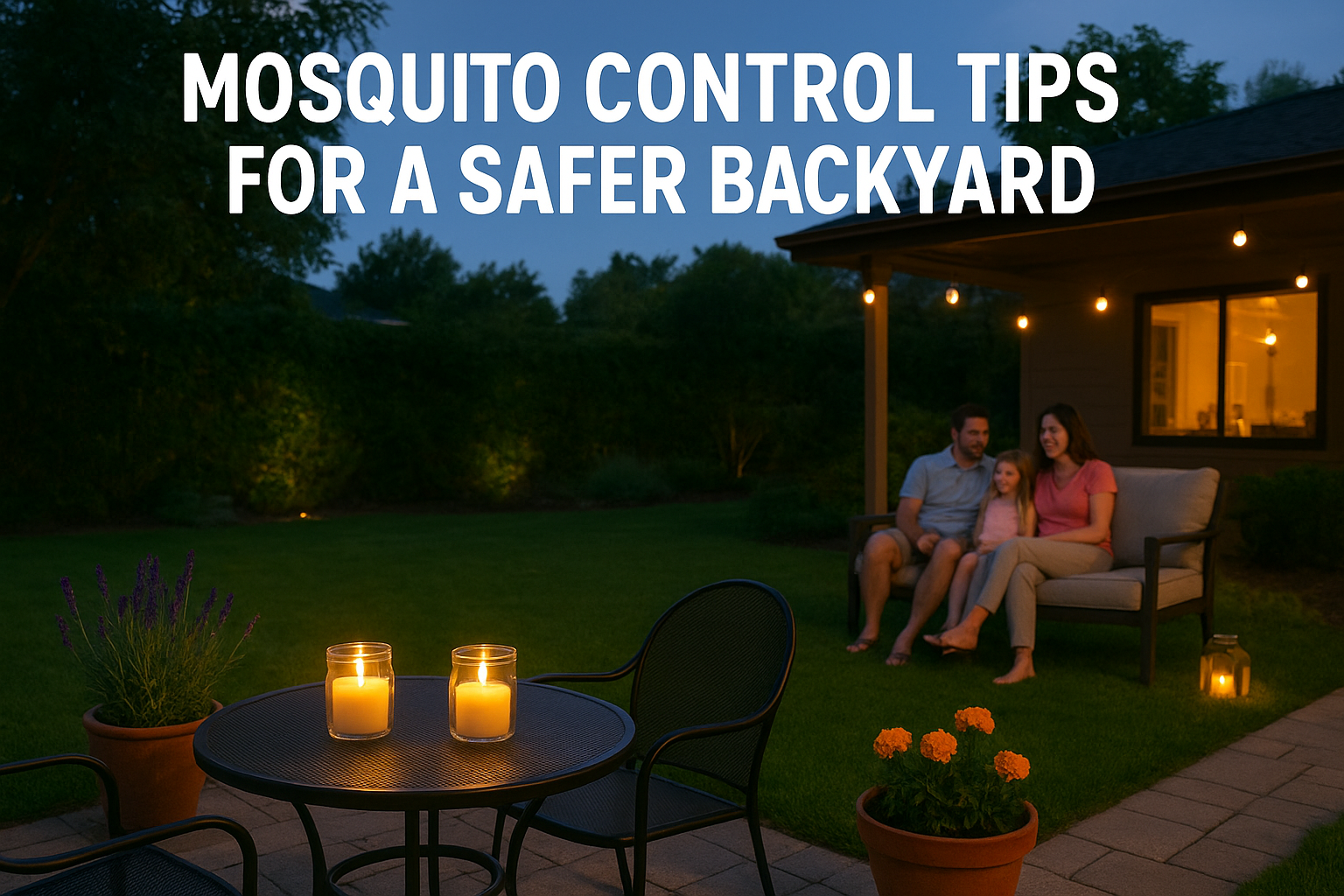Preventing Rodent Infestations: Strategies That Work
- Pest_Control
Introduction
Why Preventing Rodents Should Be a Priority
Rodents are highly adaptable creatures, capable of squeezing through the smallest gaps and surviving on minimal resources. If left unchecked, even a small infestation can escalate quickly, leading to extensive property damage and expensive control measures. Preventing infestations before they occur saves time, money, and stress, while ensuring a safe and hygienic environment for everyone. The importance of prevention lies in being proactive. Instead of waiting until you see droppings, gnawed wires, or hear scratching noises at night, it’s far more effective to adopt preventive measures that stop rodents from gaining access in the first place.
Key Strategies for Preventing Rodent Infestations
- Seal Entry Points
Preventing rodents begins with closing off the paths they use to get inside. Rodents can fit through holes as small as a coin, so even minor gaps should not be ignored. Use steel wool, caulk, or metal mesh to seal cracks in walls, doors, and windows. Pay special attention to spaces around plumbing, vents, and electrical conduits, which often serve as unnoticed entryways.
- Maintain Cleanliness
Food and waste attract rodents instantly. Preventing infestations requires a commitment to cleanliness. Store food in airtight containers, clean crumbs from counters and floors, and ensure garbage bins are tightly sealed. Businesses, particularly in the food industry, should follow strict hygiene protocols to reduce the chances of rodent activity.
- Manage Outdoor Spaces
Preventing rodents isn’t only about indoor measures. Outdoor areas like gardens, storage sheds, and garbage disposal zones can create breeding grounds if not properly maintained. Keep grass trimmed, eliminate standing water, and avoid leaving pet food outside overnight. A tidy yard discourages rodents from nesting near your property.
- Proper Waste Management
Overflowing trash bins are a magnet for rodents. Preventing infestations means adopting a responsible waste management system. Ensure trash is collected regularly, bins are rodent-proof, and waste is never left exposed. Compost piles should also be managed carefully to avoid attracting pests.
- Routine Inspections
Preventing infestations requires vigilance. Schedule regular inspections of your property to spot early warning signs such as droppings, gnaw marks, or unusual smells. Early detection allows for quick intervention before rodents multiply and cause larger problems.
- Limit Food Sources
Rodents thrive where food is easily accessible. Preventing their presence involves limiting food sources both indoors and outdoors. Keep pantry items sealed, clean pet feeding areas, and avoid leaving food out overnight. Restaurants and commercial kitchens should adhere to strict storage and disposal practices.
- Professional Pest Control
Sometimes, preventing infestations requires expert intervention. Pest control professionals have the training, tools, and techniques to assess risks, identify entry points, and apply safe treatments. Regular pest control services act as an added layer of protection, ensuring your property stays rodent-free.
Pest Control Tips for Restaurants and Commercial Kitchens
Here are some proven tips to maintain pest-free environments in food service businesses:
- Maintain Strict Sanitation
Cleanliness is the foundation of pest control. Ensure that food debris, grease, and spills are cleaned immediately. Pay attention to hidden areas like under appliances, storage shelves, and drains. Regular deep cleaning minimizes food sources that attract pests.
- Proper Waste Management
Garbage bins should have tight-fitting lids and be emptied frequently. Outdoor dumpsters must be kept clean and positioned away from entry points. Regular waste disposal prevents pests from breeding nearby.
- Seal Entry Points
Rodents and insects often enter through cracks, doors, or ventilation systems. Inspect walls, floors, and ceilings regularly, and seal any gaps. Installing door sweeps and mesh screens also helps reduce entry.
- Store Food Properly
Restaurants must keep ingredients in sealed, airtight containers. Dry goods like rice, flour, and spices should never be left open. Rotating stock using the “first in, first out” rule prevents infestation in older products.
- Monitor Moisture Levels
Pests thrive in damp areas. Kitchens should have proper drainage and well-maintained plumbing. Regularly check for leaks under sinks, near dishwashers, and around refrigerators.
- Train Staff on Pest Prevention
Employees play a key role in keeping pests out of restaurants. Train them to spot signs of infestations, handle food safely, and follow cleaning protocols. A well-trained team reduces the chances of recurring issues.
- Schedule Professional Pest Control Services
Even with preventive measures, professional inspections are vital. Pest control experts provide specialized treatments, identify vulnerabilities, and offer long-term solutions tailored to commercial kitchens.
Common Mistakes to Avoid in Preventing Rodent Infestations
Even with the best intentions, some practices can undermine your efforts. Leaving clutter in storage areas, failing to repair water leaks, or ignoring small cracks can all provide opportunities for rodents. Another mistake is relying solely on DIY traps or poisons; while they may catch a few rodents, they don’t address the root cause of infestations. True prevention comes from a comprehensive, long-term approach.
The Role of Education and Awareness
Preventing rodents isn’t just a one-time activity—it’s an ongoing responsibility. Educating employees, tenants, or family members about the importance of hygiene, proper waste management, and reporting early signs of rodent activity helps build a culture of prevention. When everyone is aware and proactive, the chances of infestation are drastically reduced.
Long-Term Benefits of Preventing Rodents
The rewards of prevention extend beyond just avoiding pests. By prioritizing rodent control, you also:
- Safeguard health by reducing exposure to diseases.
- Protect property from costly structural damage.
- Maintain a professional image for businesses.
- Ensure peace of mind in homes and communities.
Preventing infestations ultimately creates cleaner, safer, and more comfortable environments.
Conclusion
Restaurants must recognize that pest control is not a one-time task but an ongoing commitment. By combining proper sanitation, preventive measures, staff training, and professional support, commercial kitchens can remain safe, compliant, and trusted by customers. A pest-free environment not only protects food but also ensures that restaurants maintain their reputation for quality and hygiene.
Need a professional touch?
Don’t wait until pests take over—stay one step ahead with Blue Diamond’s pest control.



Frequently Asked Questions (FAQs)
Why is preventing rodent infestations so important?
Preventing rodent infestations helps protect health, avoid property damage, and maintain a safe environment. Rodents can spread diseases, contaminate food, and cause costly repairs if not controlled.
What are the first signs of a rodent infestation?
Common signs include droppings, gnaw marks on wires or furniture, scratching noises at night, nests made of shredded material, and foul odors.
How do rodents enter homes and businesses?
Rodents can squeeze through tiny gaps in walls, doors, vents, and pipes. Even holes as small as a coin can be enough for a mouse to enter.
What can I do to keep rodents away from my property?
Seal entry points, keep food sealed, maintain cleanliness, manage outdoor areas, and dispose of waste properly. Regular inspections are also key to prevention.
Are DIY rodent control methods effective?
DIY traps or poisons may help temporarily but rarely solve the root problem. Professional pest control ensures long-term prevention and safer solutions.
Share this
Book Your
Service In
30 Seconds
- 30 years of experinece
- Served 40,000+ clients across UAE
- Dubai Municipality Approved
- Eco - friendly products safe for All
- Cost Effective
- 24/7 Customer support
Check out our Recent Blogs
Bed Bugs: Detection, Treatment, and Prevention
Introduction Detection of bed bugs is often the most challenging part of dealing with these tiny pests. Bed bugs are...
Mosquito Control Tips for a Safer Backyard
Introduction Mosquito infestations are more than just a nuisance—they can pose genuine health risks to your family, pets, and guests....



